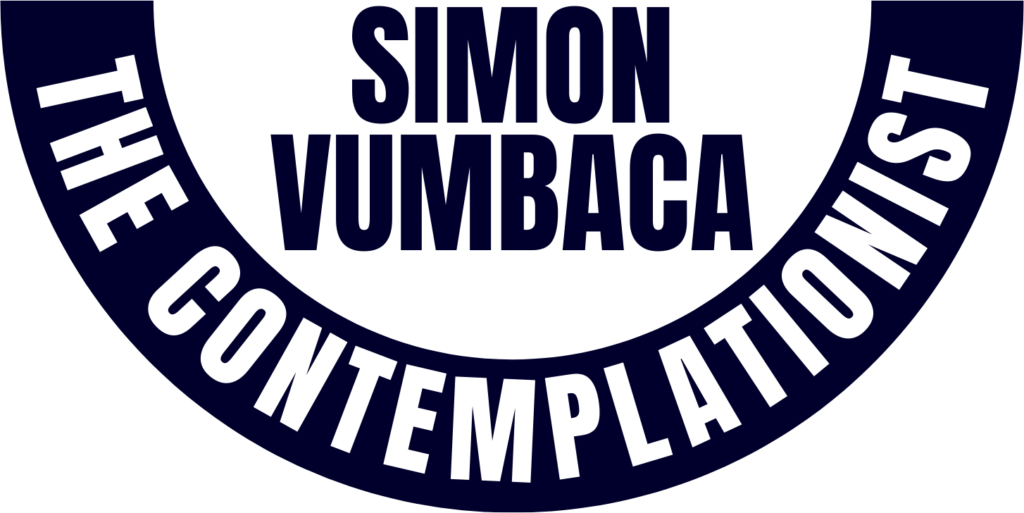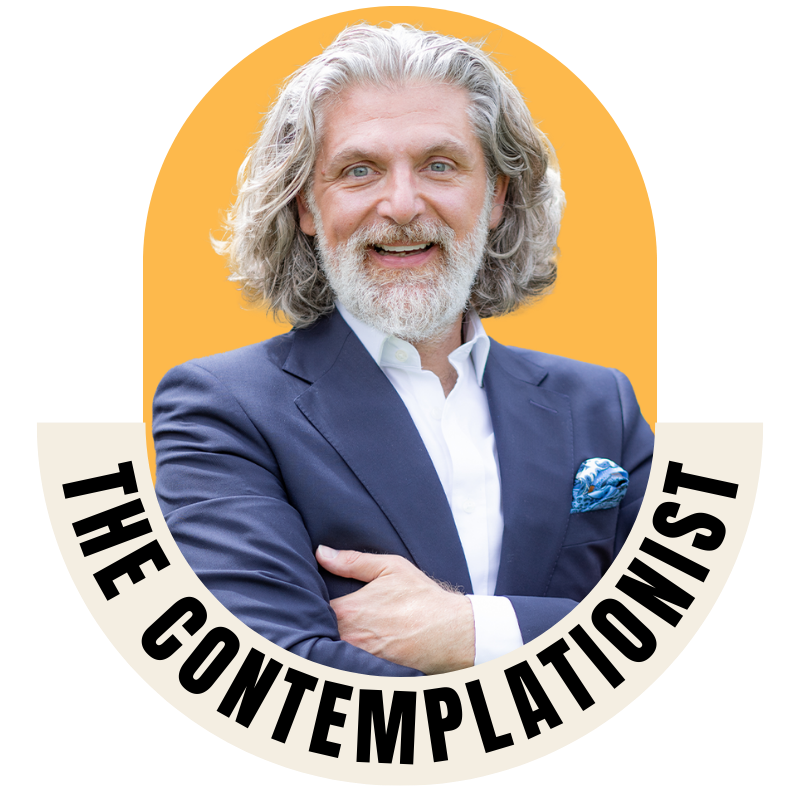I was recently looking for some information to help a client that had grown so fast since first trading to see where things were being delayed in the implementation of his strategy. To any neutral observer it was clear: daily tasks micro-management was taking over the execution of the agreed strategy.
The client was frustrated for not being able to implement the strategy they knew would make them do the jump of quality they had been after for some time and we had agreed as the right one for them.
Seeing as I was looking at time management books that had not been used for a while, my wife, as wise as ever, reminded me of the Covey Quadrant Model exercise as a go-to. Strong of the quadrant exercise in my digital hands, I recommended to my client, as a simple task for the day to keep doing what they had been doing, but to simply add crosses in each box of what they have been doing that day. At the end the look of the table had a vast majority of crosses on the third quadrant. Not a complete surprise for the attentive observer.
Sometimes seeing things this simply and clearly brings it home instantly! The client knew all of this instinctively. Seeing it visually though they were stunned. The short and long of it is that daily business life does not care for quadrants! Overall though this highlights the importance of prioritising. If we are not putting our attention to what matters short and long term, we are short-changing our path.
Things will always change, and we always feel compelled to dedicate the attention to things changing as a priority, just because they are in front of us. Immediately, with no second thoughts given, we drop what we are doing to attend that unexpected call or email. Doesn’t matter how well we know the theory; in practice we all fall for it once in a while. So, what to do?
I found that asking yourself these 3 simple powerful questions will help really having a snapshot of what level of attention should be given to whatever is happening.
Ask yourself:
- What is changing?
- What has changed?
- What needs changing?
Once we know the answers to these three questions, we will have found that enough space has been given to the change to understand its importance. But here is the catch. Knowing it, the worst thing to do would be to act upon it. Just take time to let it sit unattended for some time. In essence: once you have these answers do nothing immediately to impact the change that is taking place, as this would drag you further in the absolute chaos of disruption of your strategic goals. Off course if the change is a fire on your building, you must act swiftly, but rare exceptions apart, often changes brings good.
As the farmer said in his story, change is good …“Maybe”!
There was an old farmer who had worked his crops for many years. One day his horse ran away. Upon hearing the news, his neighbours came to visit. “Such bad luck,” they said sympathetically.
“Maybe,” the farmer replied.
The next morning the horse returned, bringing with it three other wild horses. “How wonderful,” the neighbours exclaimed.
“Maybe,” replied the old man.
The following day, his son tried to ride one of the untamed horses, was thrown, and broke his leg. The neighbours again came to offer their sympathy for what they called his “misfortune.”
“Maybe,” answered the farmer.
The day after, military officials came to the village to draft young men into the army. Seeing that the son’s leg was broken, they passed him by. The neighbours congratulated the farmer on how well things had turned out.
“Maybe,” said the farmer.






